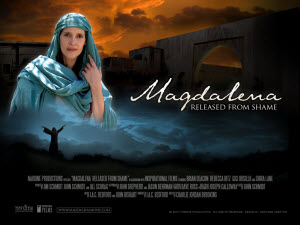A friend sent a link to a very provocative article, That’s why they call them browsers. Those who are seeking to use web technologies to communicate deep thoughts should read and re-read this article. The article is the Mars Hill Audio’s Ken Myers’ thoughts on Nicholas Carr’s Atlantic essay, “Is Google Making Us Stupid?” (July/August 2008).
Here is my response to the one who sent the article to me. Perhaps you have some thoughts. Comments welcome!
It is a very interesting set of thoughts, which were delivered in a medium that encourages avoiding deep thinking about his concerns!
I often think about previous shifts brought about by technological processes and wondered how people thought about them. For instance, I wonder what people were saying and writing in the years following the invention of the printing press. As the world moved from an oral society where great thoughts were read aloud by the few who could read, or shared around a circle after dinner, did they bemoan the loss of personalization where the reader/speaker could add to the story through voice inflections and dramatic reading/telling? Did they feel that the printed word encouraged an intellectualization rather than an emotionalization of a story? Did they feel that stories that communicated truth were being denigrated by words and sentences devoid of personal stories? When the time to think deeply moved from when the speaker/reader was available to when the listener wanted to delve into a book?
Much of Myers’ article could be re-written back to the transition from orality to print. For instance, “the fact that we read fewer books is a symptom of a deeper problem” might have been “the fact that we listen to fewer lectures is a symptom of a deeper problem”.
Or what about the 1950s when the telephone enabled personal conversation communication without being physically present?
Or the 1930s/40s/50s when movies replaced theater or television replaced movies? When people no longer dressed for a formal occasion, when intermission (with it’s social mingling) was replaced with popcorn and sodas purchased before entering the movie?
The internet communication media are not the first time we’ve experienced McLuhan’s observations that media “supply the stuff of thought, but they also shape the process of thought.. This won’t be the last time, either. I think the key is in Myers’ parting thoughts: “That requires the cultivation of disciplines and habits of attentiveness, practices which are robustly discouraged in the conventional experiences of everyday life in what is increasingly Google’s world.” It becomes more difficult in our modern-day world, but God is always at work in us, both to will and to work for His good pleasure.
